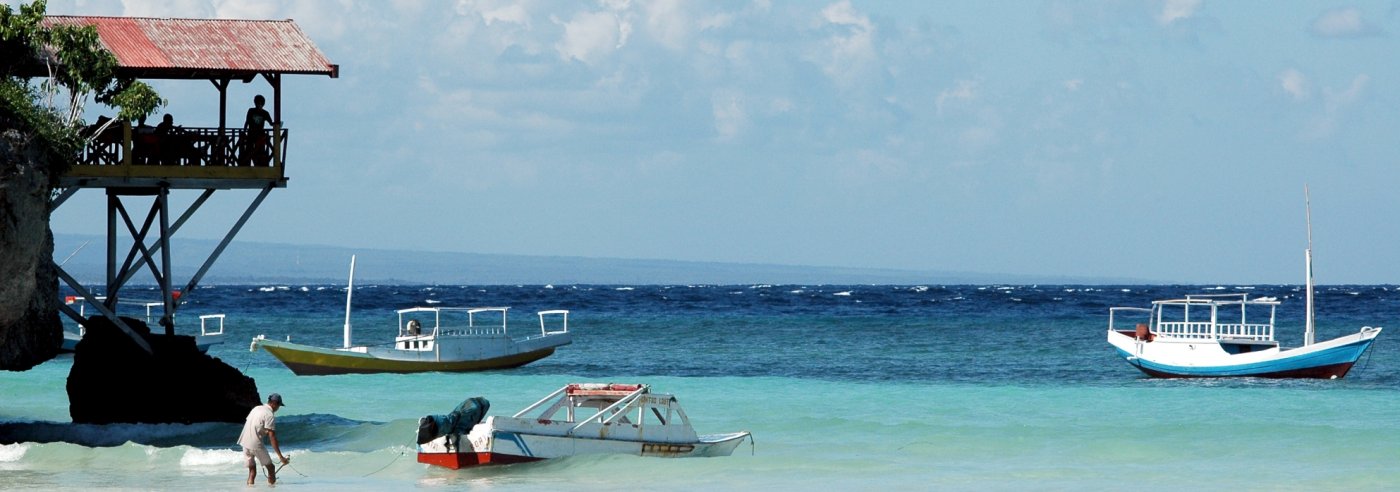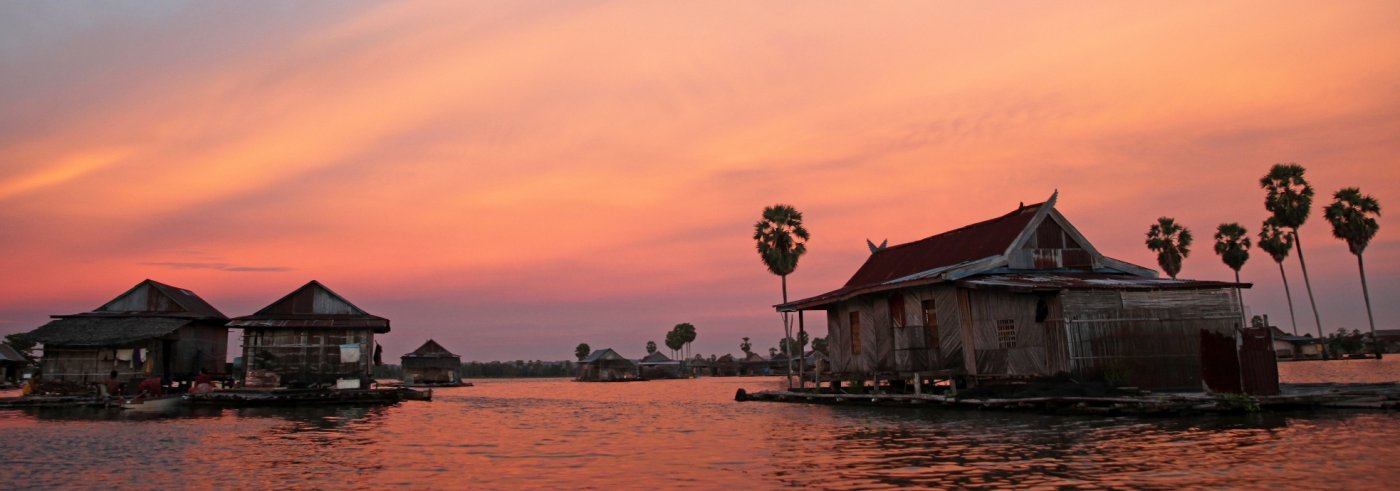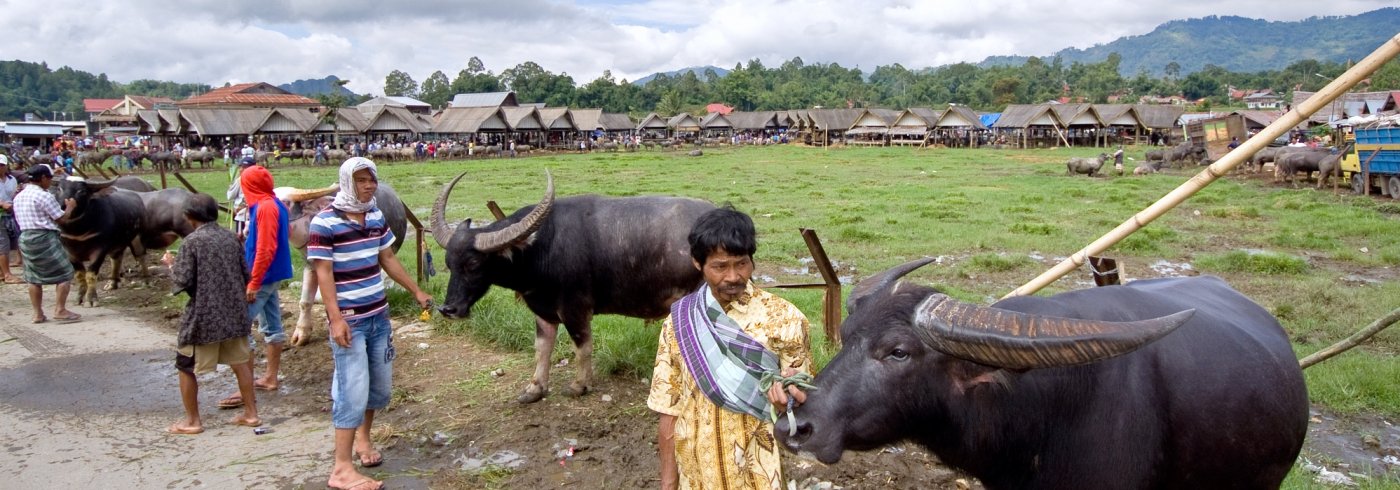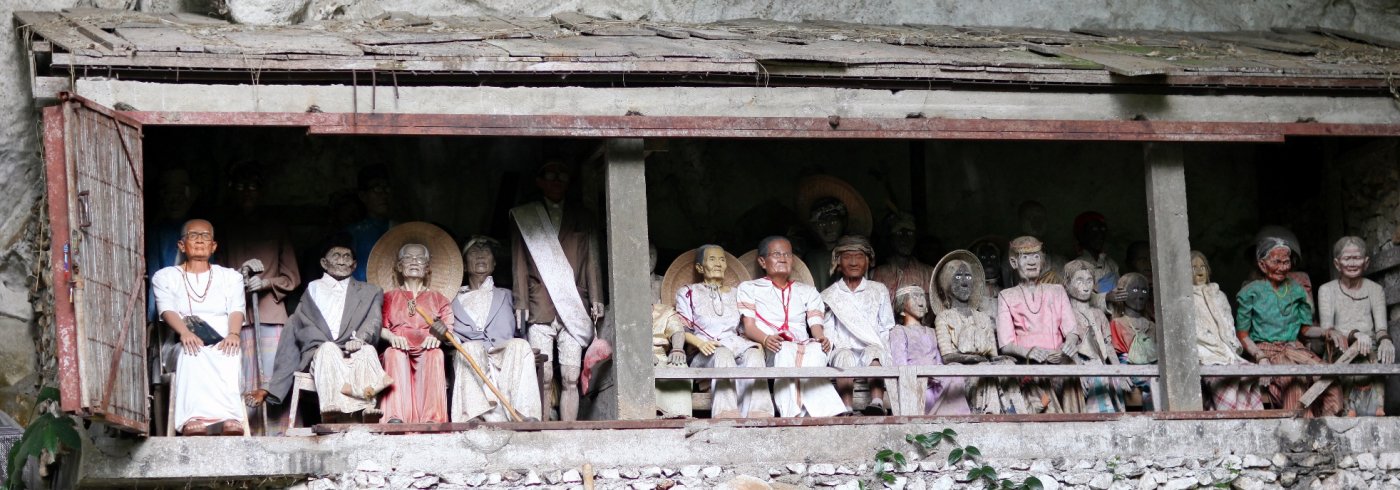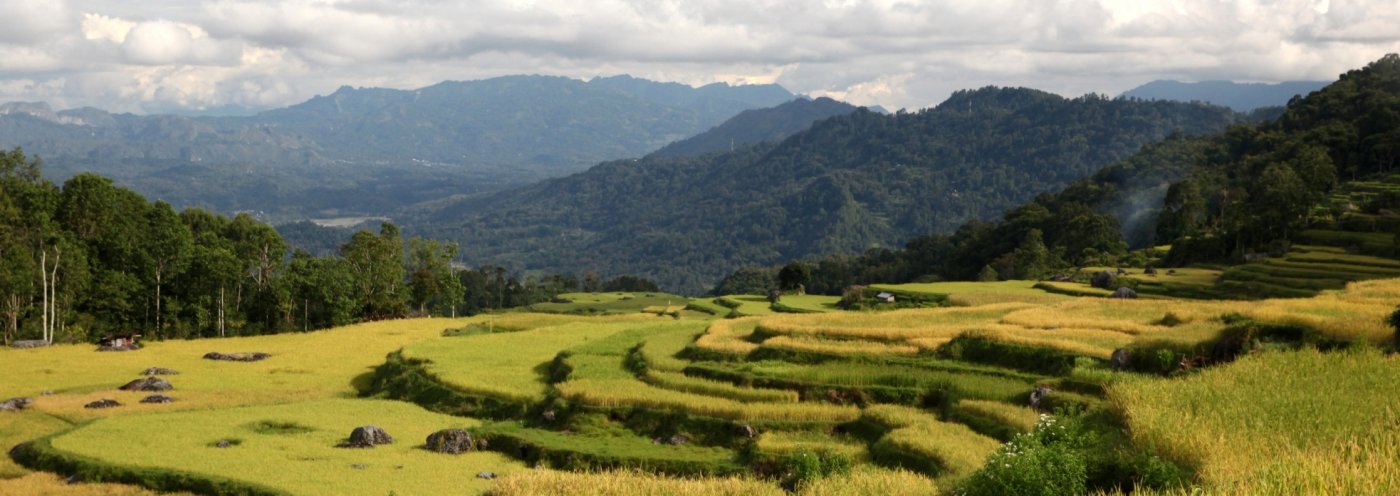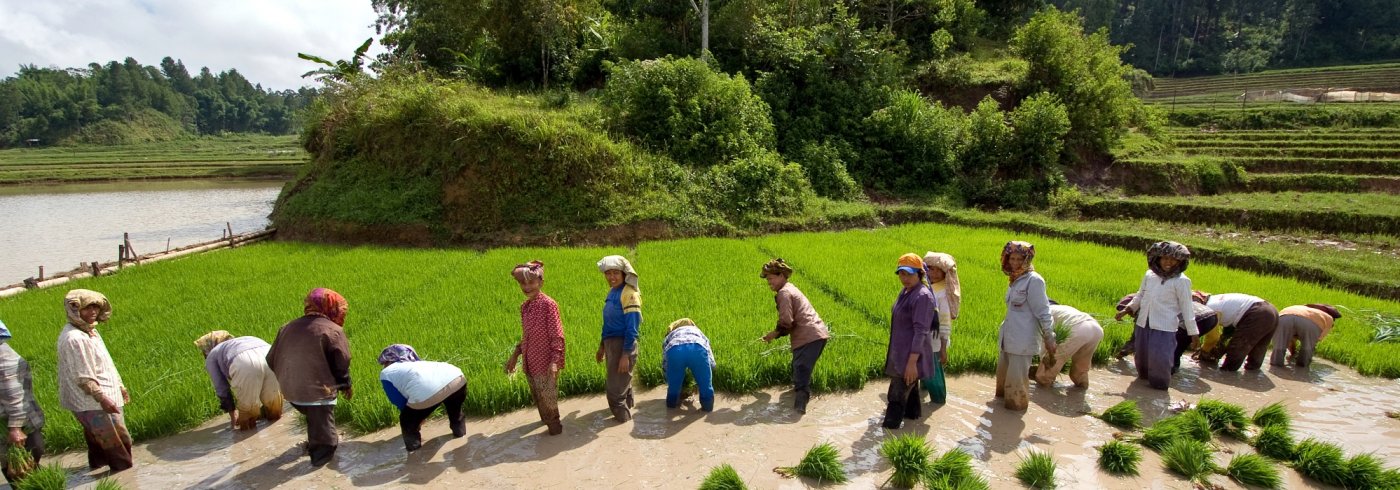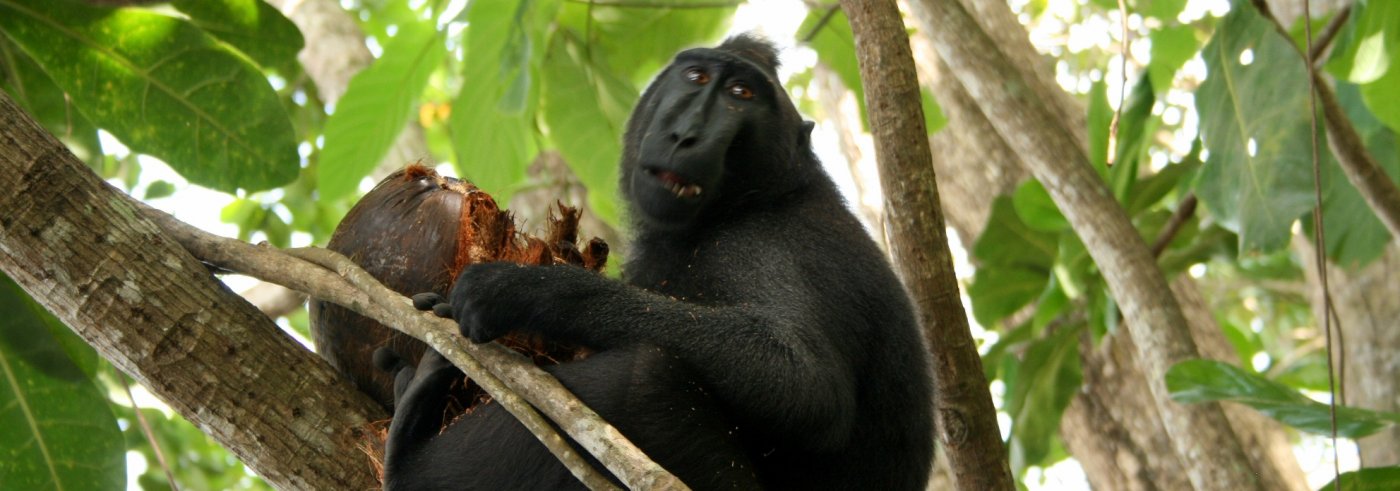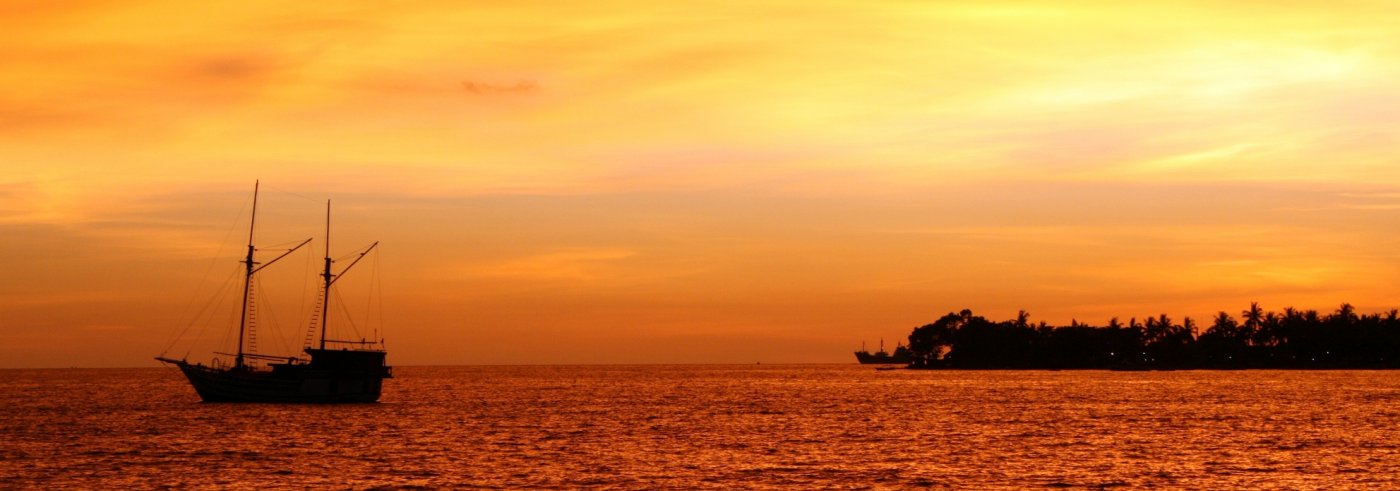Rondreis 24 dagen trans-Sulawesi
Makassar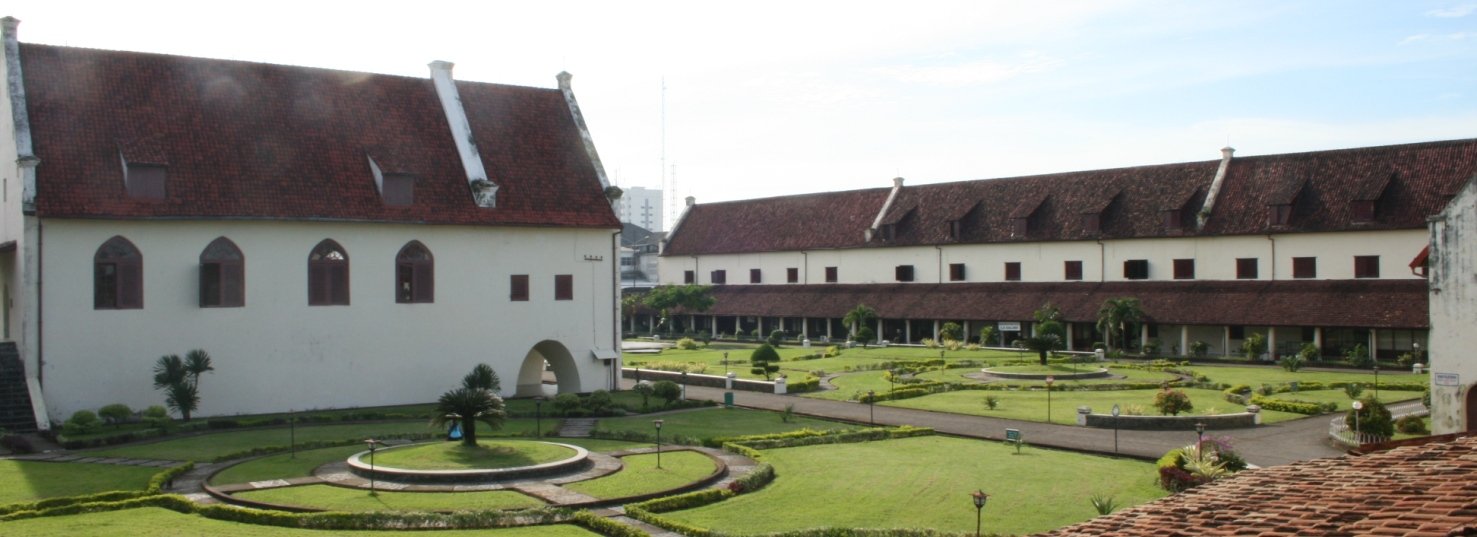 MakassarMakassar, the former Ujung Pandang is the capital of Sulawesi. The fast-growing lively port city is one of the largest cities in Indonesia.There are still many buildings from the colonial period, such as the Society de Harmonie, the Cathedral and the old Court of Justice. In addition to the old colonial districts, there are many new areas with modern malls, which can compete well with those in Jakarta. Due to its strategic location, in the middle of Indonesia, Makassar has a busy port. The city has traditionally been the gateway to Eastern Indonesia. Many boats and flights to Papua and the Moluccas go through Makassar. The city is well worth a visit and is often a good start to a Sulawesi trip. 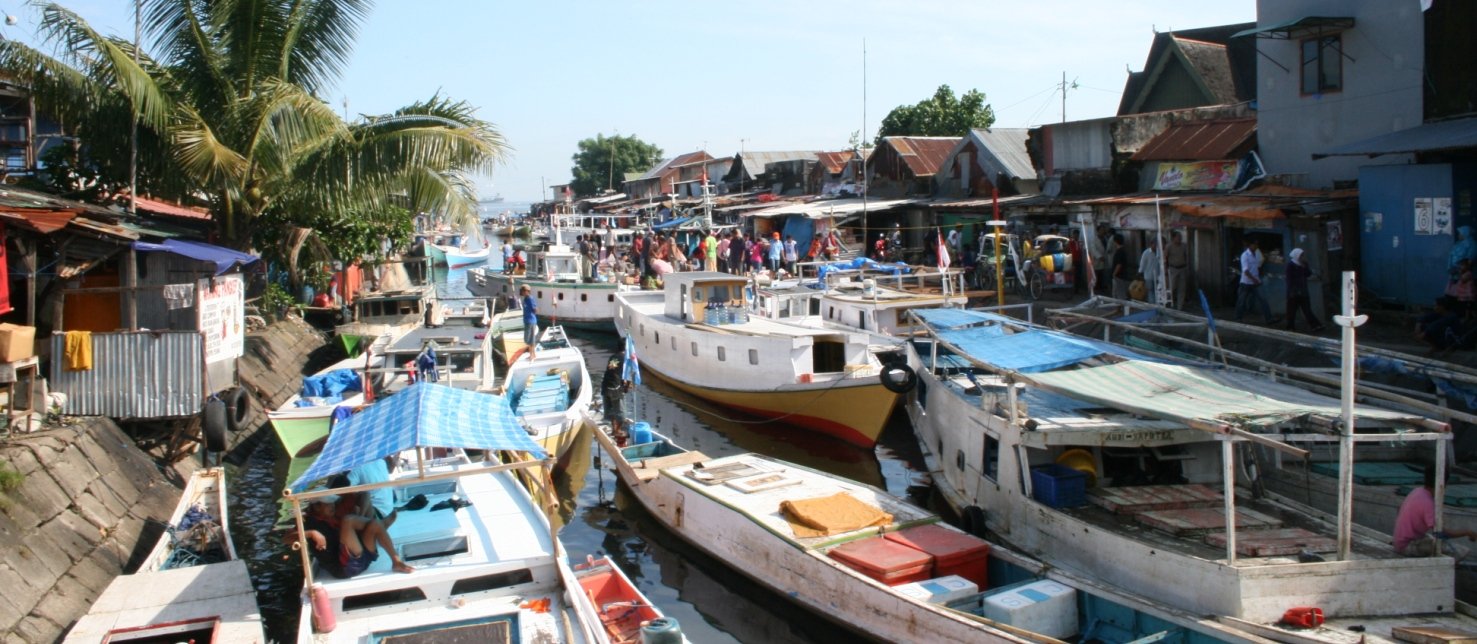 What to see...Fort Rotterdam is a must-see. The old fortress was taken around 1665 by Admiral Cornelis Speelman. The fort houses a church and 2 museums. Next to the Fort is the Chinese district with many beautiful temples and all kinds of Chinese shops where you can go for alternative medicines.The bustling port of Paotere is home to the famous Buginze Phinisi ships that are still loaded by hand. The fishing port and fish market are an experience to experience especially in the morning hours. The fresh fish is then brought ashore and traded on the chaotic market. Don't be surprised if the merchants also offer you fish! In the afternoon a ribbon of dining tables is set up on the famous Pantai Losari boulevard. Many Makassar residents enjoy strolling and eating around sunset. Near Makassar are the Rammang-Rammang karst rocks in Bantimurung National Park. There are also caves with prehistoric drawings. In the weekends, the Bantimurung waterfall is frequented by local day trippers. 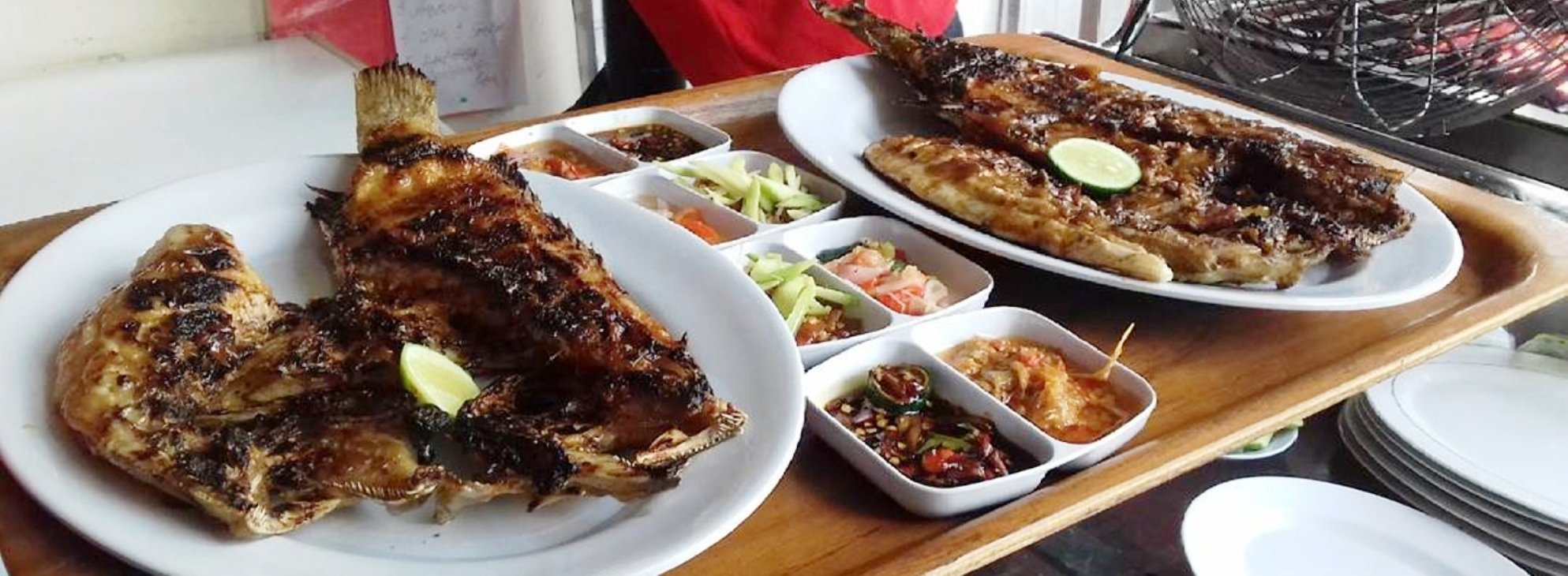 Favoriete restaurantMeer dan 20, maar hier dan de échte aanraders:Restaurant Nelayan aan de Jalan Ali Malakka Het visrestaurant Rumah Makan Nelayan serveert vers gebakken zeevis. De vis kunt u buiten in koelkisten uitzoeken. Deze wordt dan in olie gebakken (goreng) of op de BBQ voor u klaargemaakt (bakar). De vis wordt naar wens geserveerd met ketjap of voor de sambal liefhebber met veel sambal Rica Rica. Niet te versmaden is ook de cumi cumi tepung, in bloem gebakken inktvis. Deze wordt geserveerd met een niet al te pittig sausje. Neem als groenten tumis kangkun (lijkt op spinazie): in de wok klaargemaakt met tomaat, ui en knoflook. Of taugé uit de wok. Het geheel wordt geserveerd met diverse pittige en zoetzure sausje en klein gesneden tomaat met lombokjes. Voor de lunch: Lumpia Sulawesi, een met de hand gedraaide loempia, vers in de wadjan gebakken. Op de Jalan Lasinrang, oftewel Lumpia Street . De loempia's worden geserveerd met sambal en met een niet al te pittige zoetzure saus. Een andere specialiteit van Makassar is krab. Onze aanrader: restaurant Surya aan de Jalan Nusakambangan no 16 Bira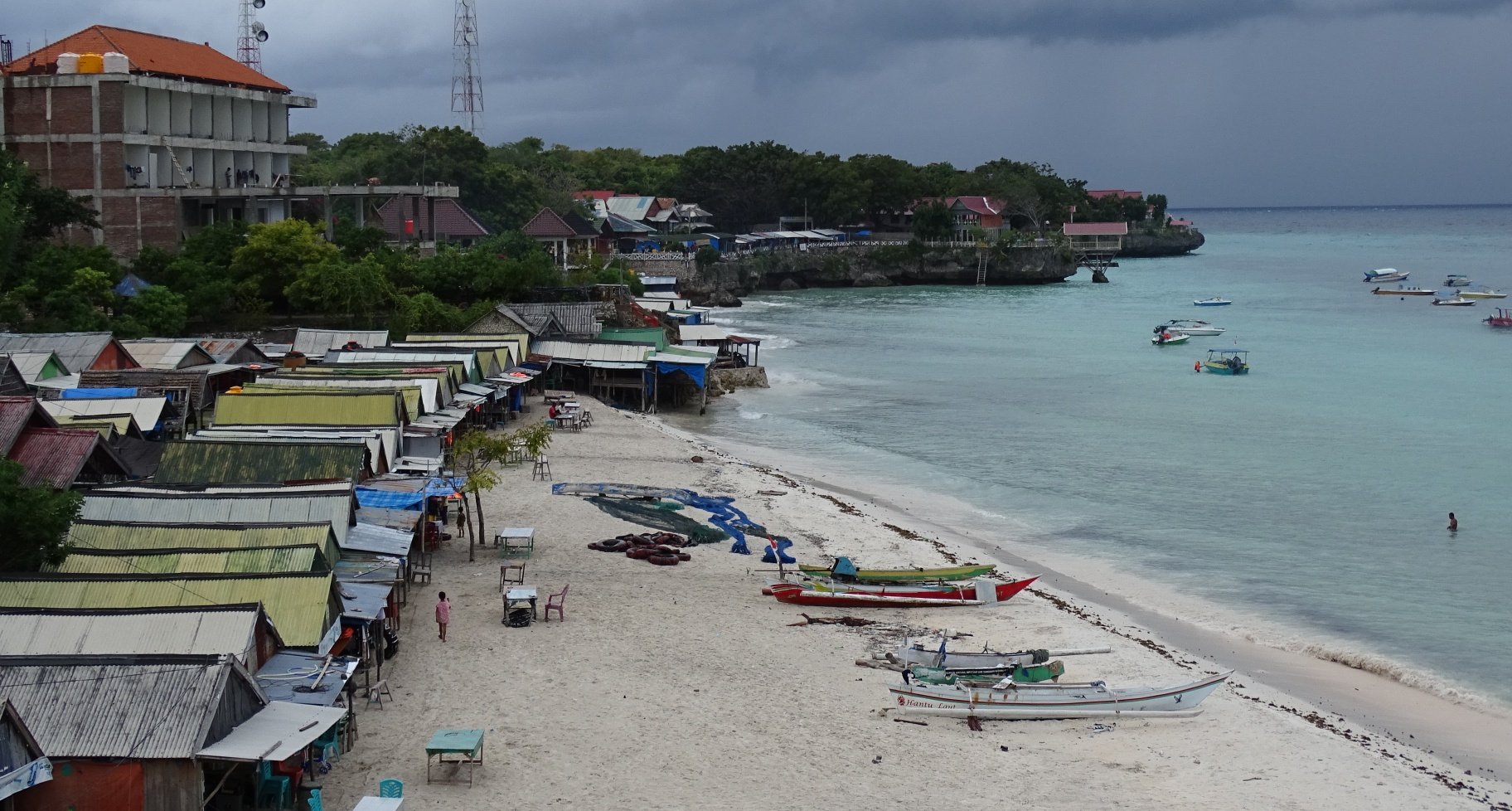 Bira, SulawesiBira is a typical Buginese coastal village. It has lovely brilliantly white beaches. Its 'centre' has quite a few nice warungs (small shops) and cosy restaurants.Bira has 2 beaches, Bira beach and Bara beach. Bira beach in the centre is flooded with sellers and people who rent noisy water sport activities. Especially at weekends this has a huge attraction for the local tourists and Bira beach turns into a kind of ‘fun fair’. At 1,5 km from Bira beach lies Bara beach, where it’s much quieter. Tanah Biru, a village next to Bira, is known for its shipbuilders who master the art of building Buginese schooners. Sengkang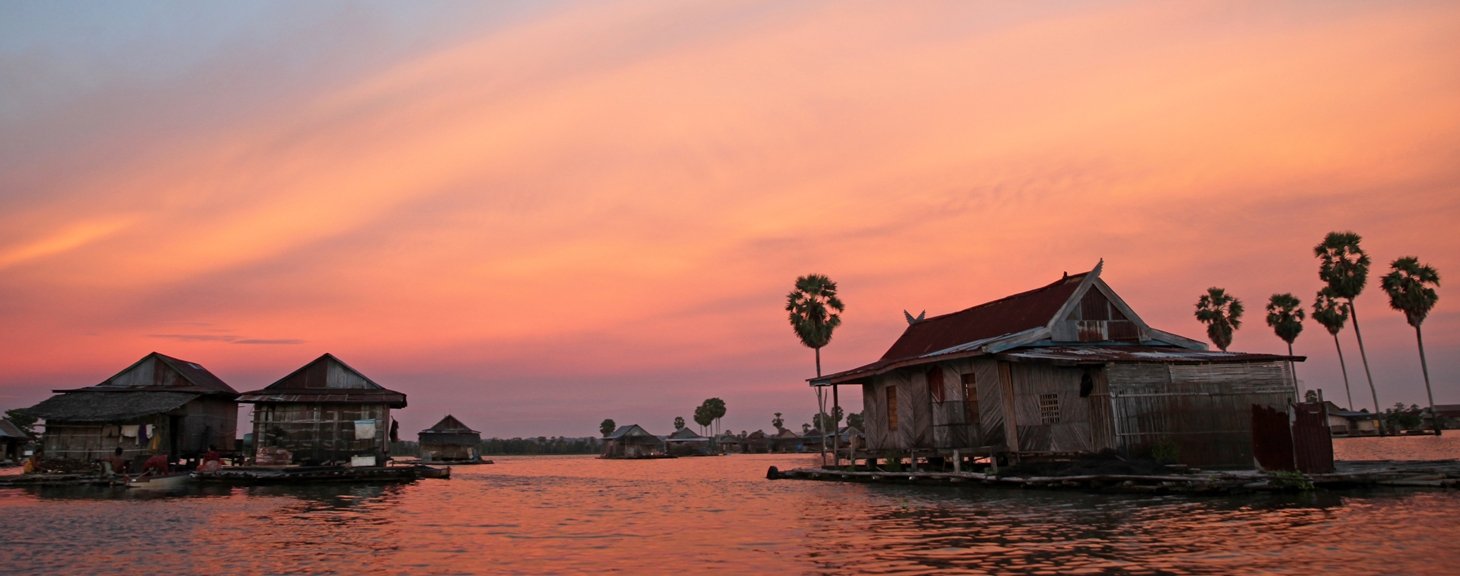 SengkangSengkang is a medium-sized town located in the former Buginese kingdom Wajo. A friendly Moslim town with many big mosques. From Sekang we have a nice view over Lake Tempe. This is a shallow lake; During a long period of persisting drought the lake dries up. On the lake we’ll find the floating villages of the fishermen. This area is also famous for its colourful Buginese silk. Around Sengkan you’ll find many traditional silk weavers.Sights to see: By motorized canoes you can make a trip on Lake Tempe. You can do this in the late afternoon during sunset or in the morning. Along the river it’s pleasantly busy. Children are playing on the riversides, Buginese women do the washing. Hanging bridges cross the river. We literally sail along daily life of the Buginese. We can berth to see the watermelon fields. We also visit one of the floating houses where you can have coffee or tea with a fried banana. The lake is a natural reserve, full with hyacinths and reed. It’s a nesting area for about 30 species of water birds. In Sengkang you can also visit local cottage industry: the Buginese silk weaving. There are often small shops where you can buy some. Rante Pao - Toraja RantepaoRantepao is the 'capital' of Torajaland. This is the starting point of all your excursions to the Torah villages and the mountains.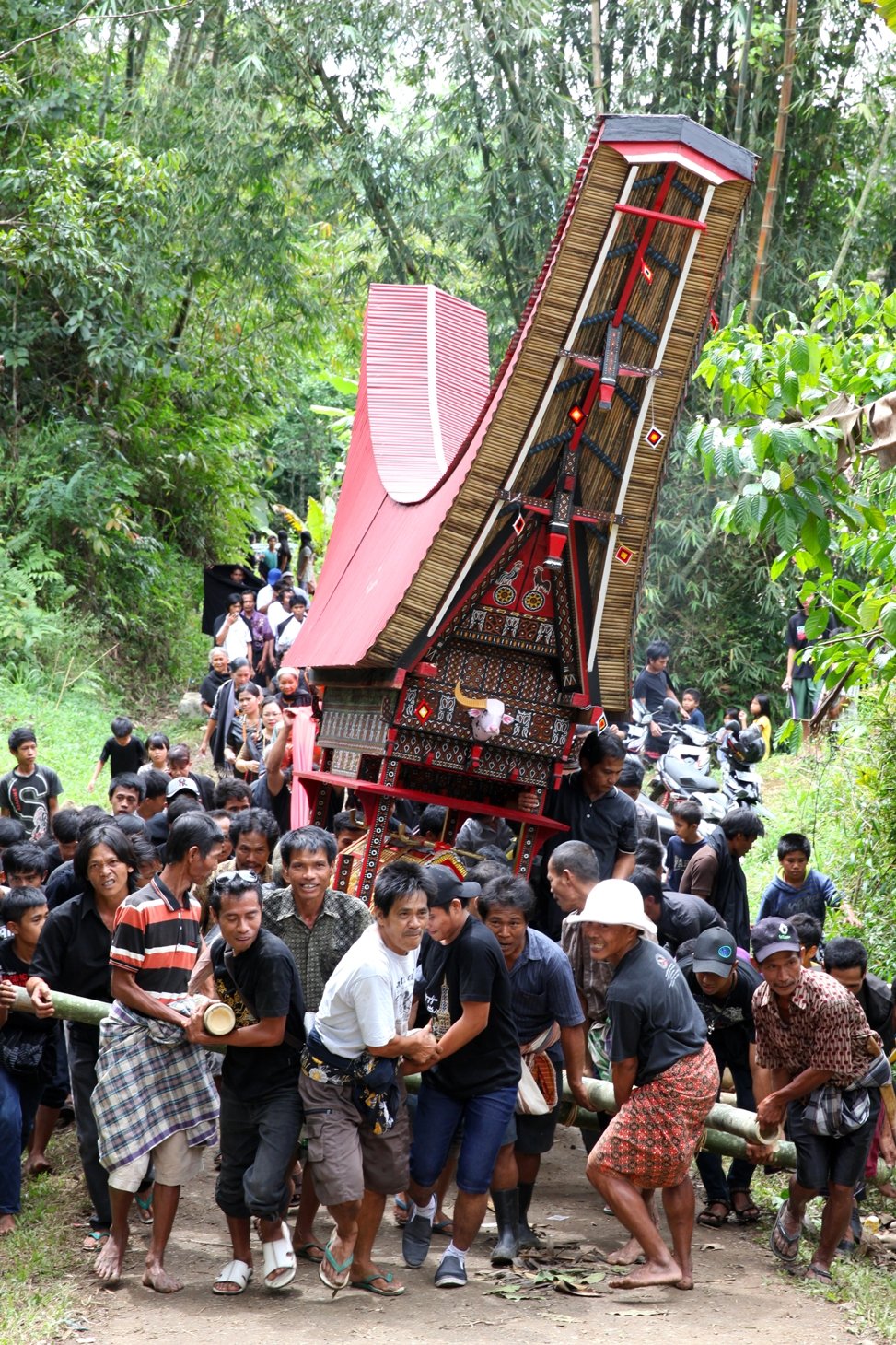 Tanah TorajaToraja, or Tanah Toraja is also called the land of the Heavenly Kings. Here, in this part of South Sulawesi, live the Toraja people or people of the mountain. A Christian population, that still follows the rituals and ceremonies of their ancestors, the Aluk Tu Dolo. Toraja is not only known for its mysterious funeral ceremonies but also for its stunning nature. It’s because of its high altitude a fertile area. Besides rice fields and bamboo forests there are many plantations. Coffee, cacao, vanilla and cloves grow here abundantly. The typical traditional houses (Tongkonans) with their saddle roofs are still built in the same way as centuries before. And their funeral ceremonies are still very impressive. To reach eternal life there has to be held a ceremony before. Dependent on the deceased family’s wealth this may involve an important number of sacrificed pigs and buffaloes. The whole community joins the ceremony, which can sometimes take a full week.Sights to see: Those who visit Toraja will experience wonderful nature and interesting culture, unique in the world. We still find a lot of authentic villages in Toraja with beautiful colourful painted Tongkonans. Many cliffs with wooden caskets hanging from the side, coffins of which some date from the animistic period. The Tau Taus stand in the balcony of the tombs to represent the dead and protect their remains. A Tau Tau is a wood-carved effigy of the deceased. Try to find out about the secret of the baby tree: in Suaya stands a centuries old tree, where young children who die before they started teething are placed into a hollowed out space in the trunk. Funeral ceremonies are held throughout the year. You’re always welcome. But these ceremonies are not available on demand... Your driver and/or guide will inform you about a coming ceremony. Please bring a small gift when you attend a ceremony. PLEASE NOTE that part of the ceremonies is the slaughtering of buffaloes and pigs! This is still done in their traditional way, which not directly corresponds with our Western customs. You’ll also visit villages like Sa’dan where the Toraja women weave the traditional ikat. It’s a particularly suitable area for walking and hiking. You can go for a few hour walk, a day, but also do a multiple day trekking. In that case you will stay overnight at a local people’s home. The trekking goes through authentic villages and along beautiful rice fields. A trekking through the nature and culture of this exceptional and unique small part of Indonesia. You can also go rafting for a day or several days on the river Sa’dan. Try the Pa’piong dish during your stay in Toraja: an in bamboo prepared Toraja dish. And of course it goes together with a bamboo mug with balok, palm wine from the eagle palm. Pendolo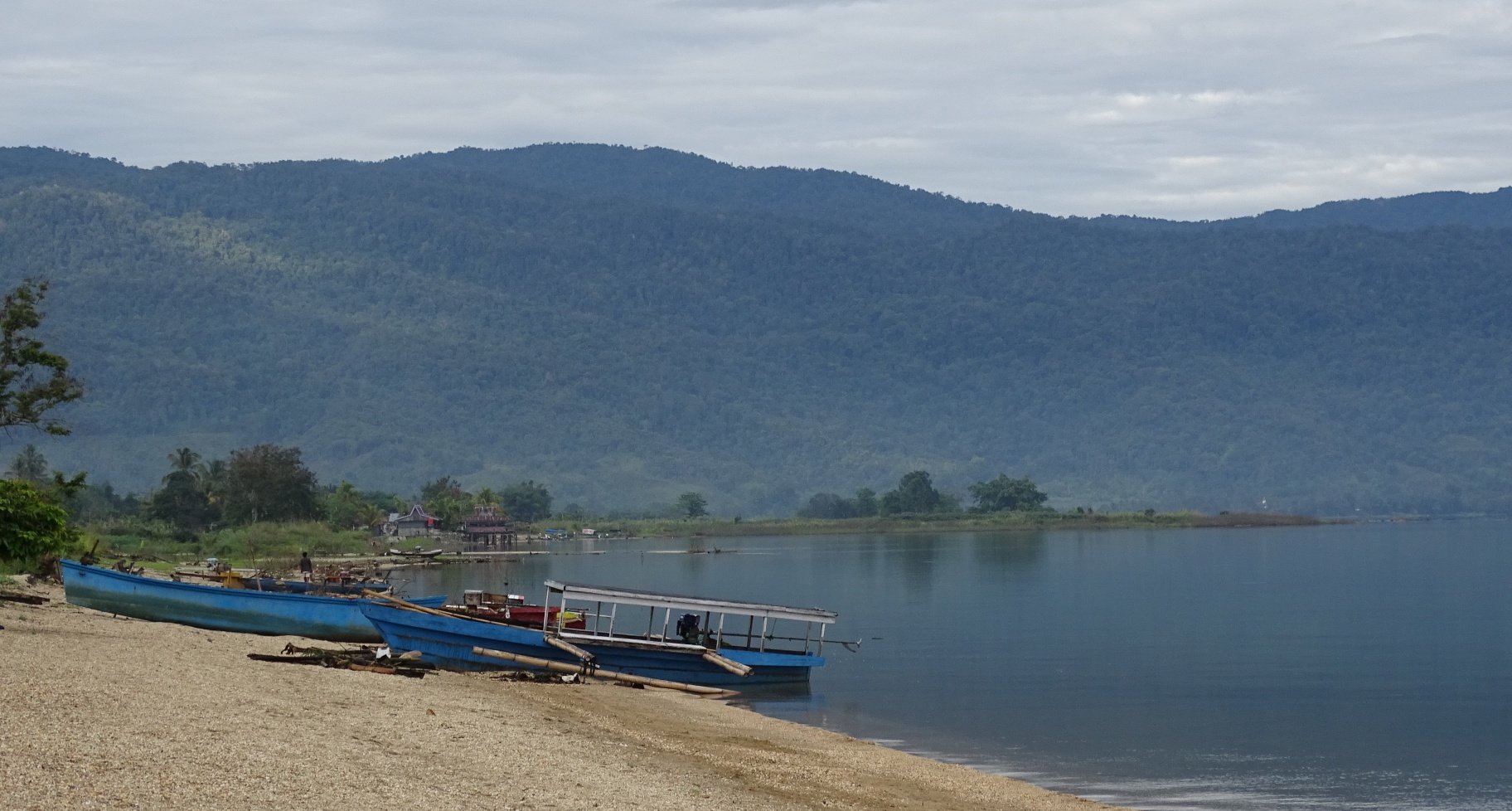 PendoloThe village Pendolo is located souh of Lake Poso in central Sulawesi. The village in itself does not have much to offer to Western tourists. We regularly use one of the simple accommodations in Pendolo on the way from Tanah Toraja to central Sulawesi. This route takes some 8 hours including lunch and photo stops.Tentena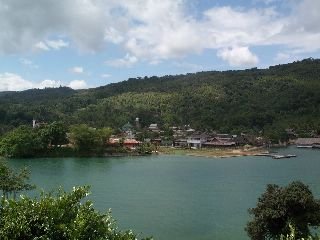 Tentena and lake PosoTentena is a small town near the northern tip of Lake Poso. Where the Poso River empties the lake, the Pamona Bridge connects the two sides of Tentena.Tentena is considered the starting point for many excursions in the region, for example to the caves of Pamona, the waterfalls of Salopa and Sulewana, the Lore Lindu National Park and Lake Poso. The recently discovered Saluopa waterfall consists of jungle-lined cascades interrupted by waterfalls and has a natural pool. Near the waterfall are some transmigration villages, most of which are Balinese. Complete with temples you imagine yourself here in Bali. Lake Poso is located in the southern part of central Sulawesi, Indonesia. The lake is 515 meters above sea level. It takes advantage of the cool mountain breeze resulting in mild tropical days with cool nights. The lake has warm and crystal clear water. During a boat trip on the lake, the captain will always throw some coins in the water to appease the dragon of the lake, the Indonesian cousin of the Loch Ness monster. The region is an unexplored and quiet area, with few tourists. According to local legend, here heaven and earth were connected by a rope. On the eastern shore of the lake is the sandy headland Tando Bone, where our favorite Tanda Bone resort has several wooden lakeside bungalows. Donggala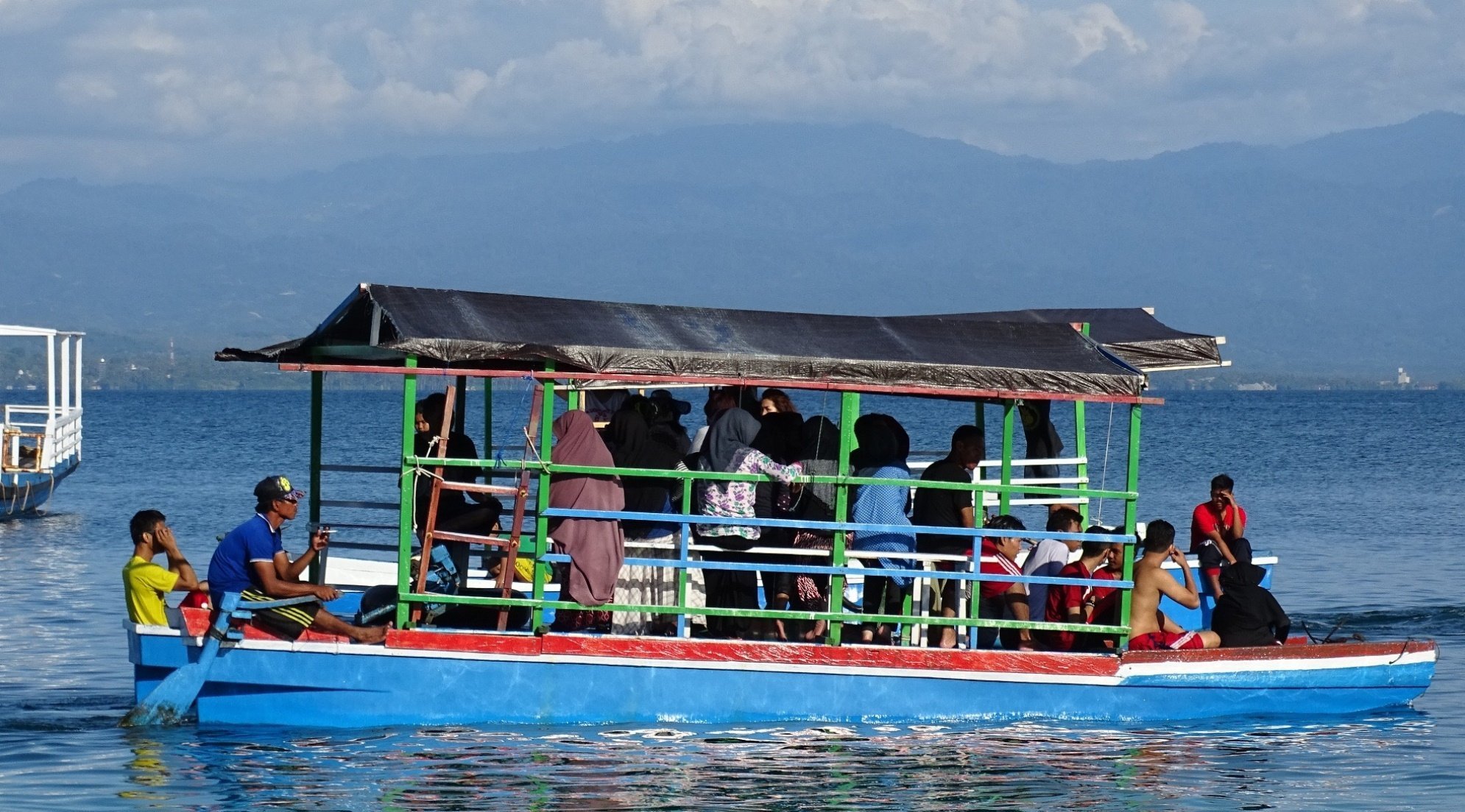 DonggalaThe former fishing village Donggala has a beautiful coastline at Tanjung Karang. Like at many other nice places close to a city, it’s on Sundays pleasantly crowded with local day and weekend tourists.From the tasteful Prince John dive resort you can make beautiful dive and snorkel trips. Ampana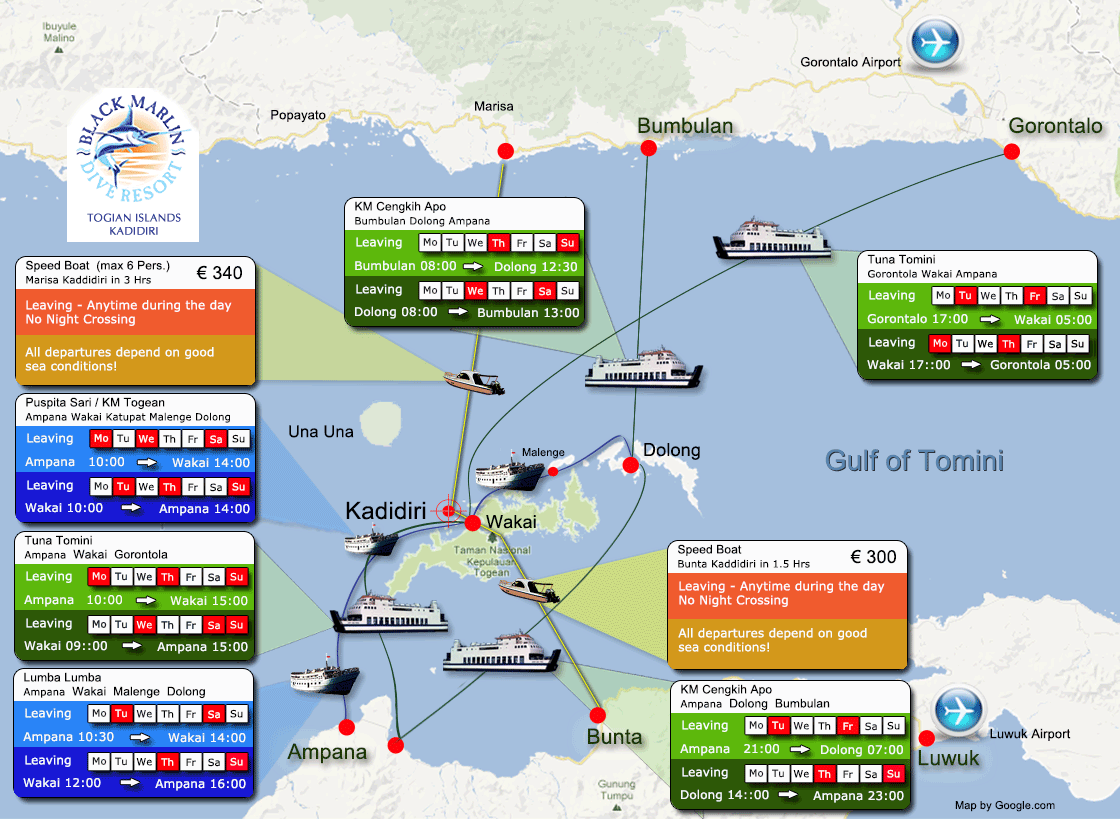 AmpanaAmpana is the gateway from central Sulawesi to the Togean Islands. Different boats service the islands each day. An overnight stay in Ampana is usually necessary to be able to make the morning crossing.Wings air has recently started operating flights from and to Luwuk and Palu, and from there to Makassar and/or Manado. Tomohon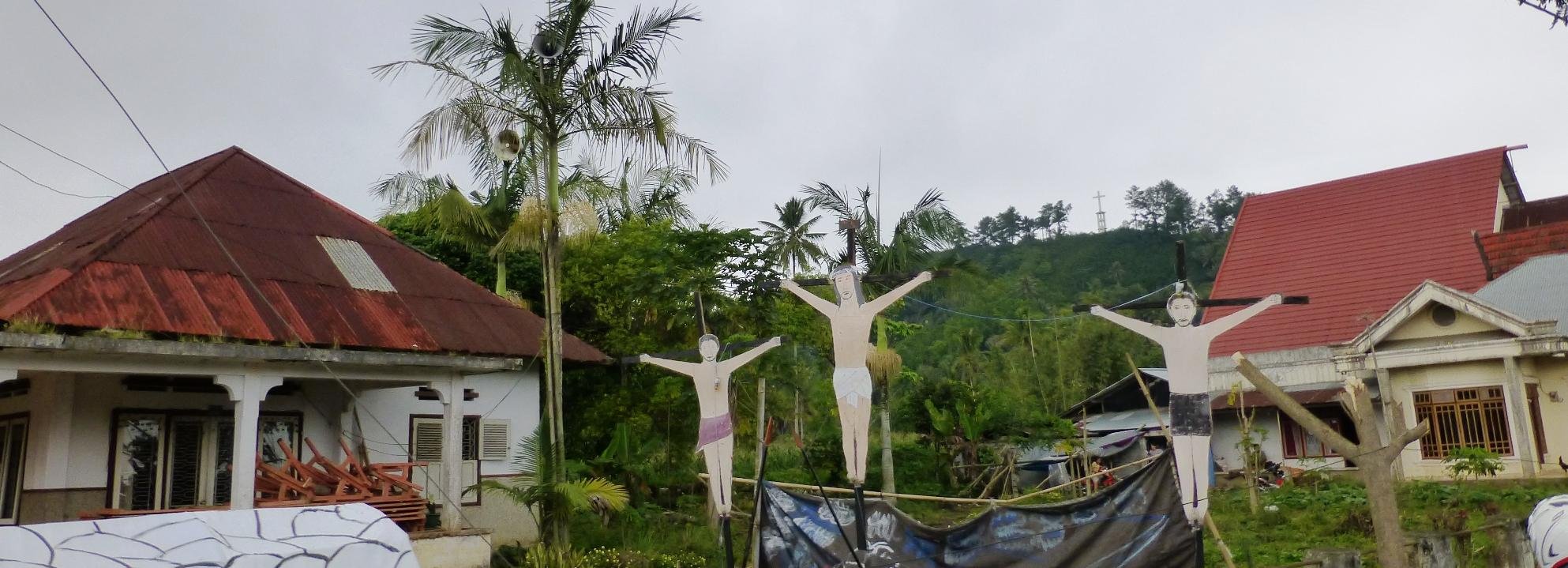 TomohonTomohon is a city at about 1,000 meters above sea level in the Minahassa highlands. It is relatively cool and the starting point for the tours in the Minahassa. The majority of Minahassa people practice strict Catholic beliefs. In the weeks around Easter you will see countless crosses along the roads and in the villages. Because of the cooler climate, a lot of fruit and flowers are grown in and around Tomohon. Every year, in August, the Tomohon Flower Festival is organized.Manado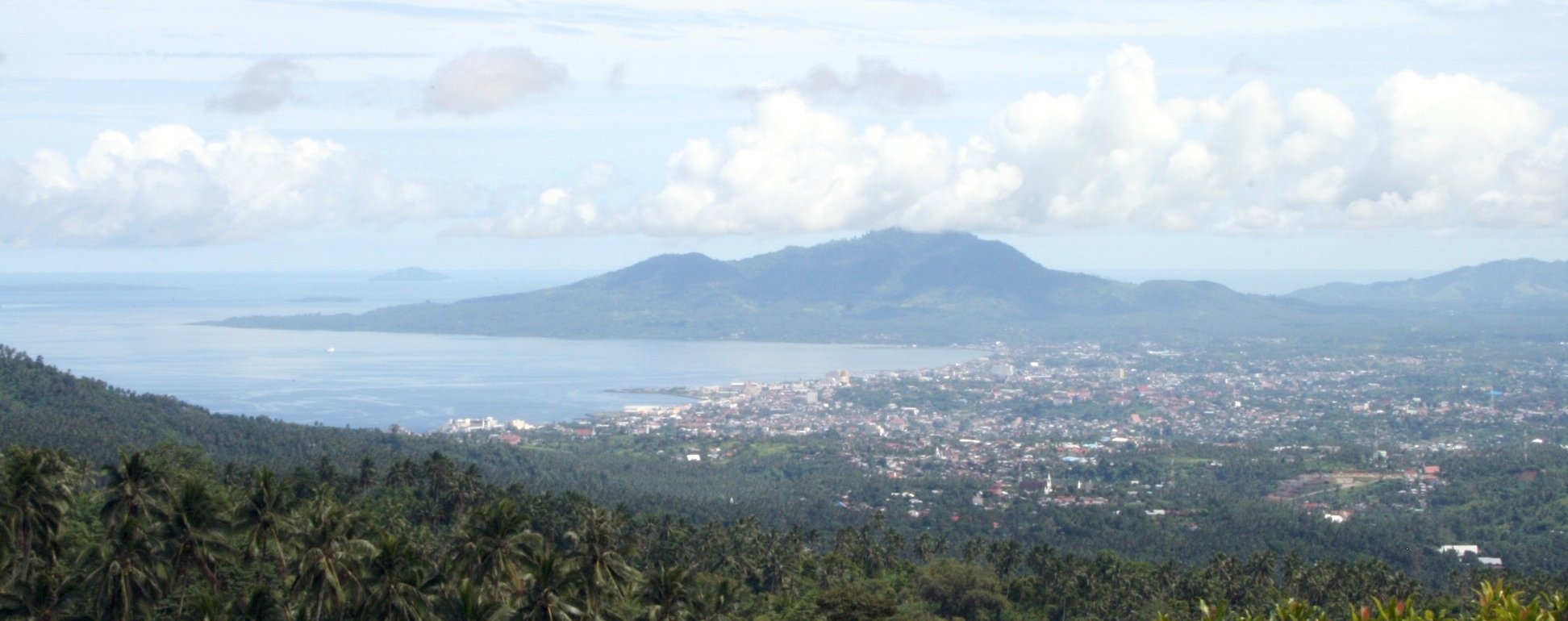 ManadoManado is the capital of North Sulawesi and counts over a half million inhabitants. It’s the perfect base for trips to the Minahassa mountains, Tangkoko jungle, but mainly known for Bunaken national marine park.Lembeh strait and the island Bangka can also easily be reached from Manado. The city itself hasn’t got much to offer. Animal lovers’d better not go to the market. People from Manado eat anything with 4 legs. On the market they sell dogs for consumption… Tangkoko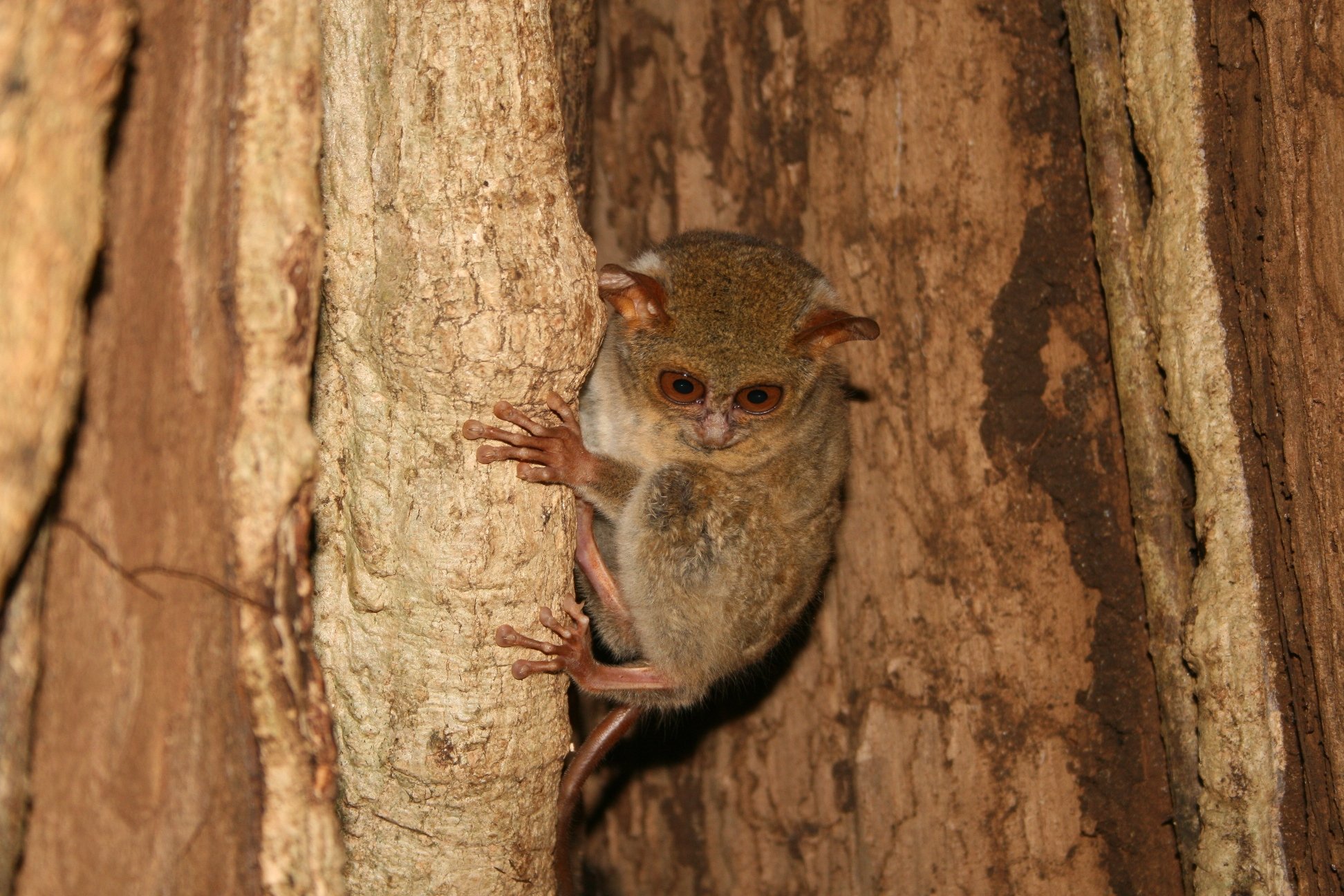 TangkokoThe Tangkoko Batuangus Nature Reserve is a nature reserve in Indonesia. It is located in the province of North Sulawesi on the island of Sulawesi. The area is 8700 ha and there are three mountains Gunung Tangkoko (1109 m), Gunung Dua Saudara (1361 m) and Gunung Batuangus (450 m).Source: Wikipedia |

